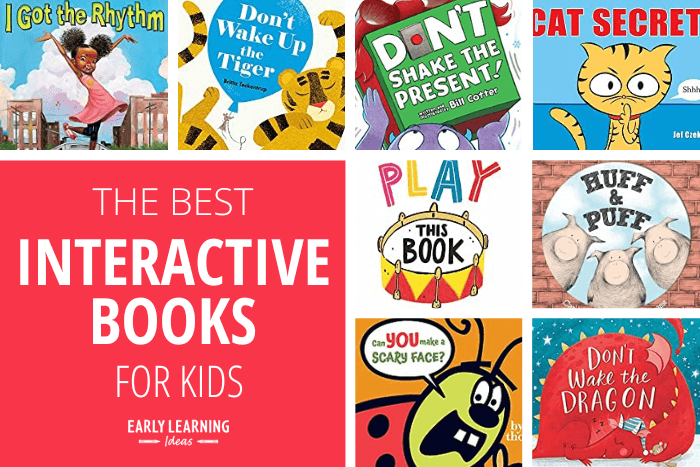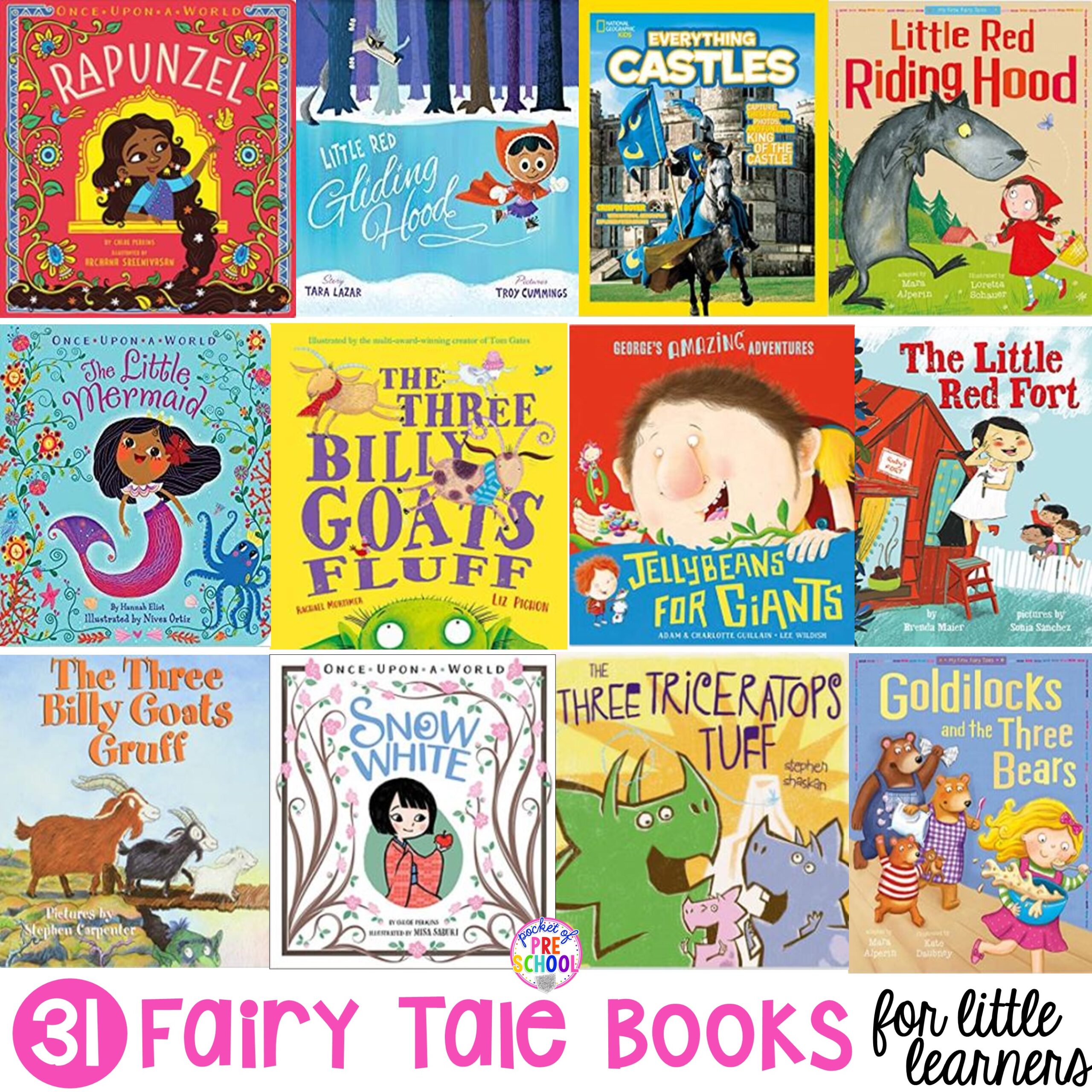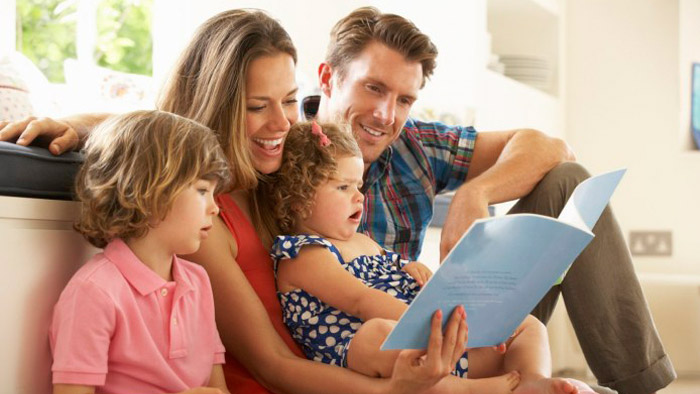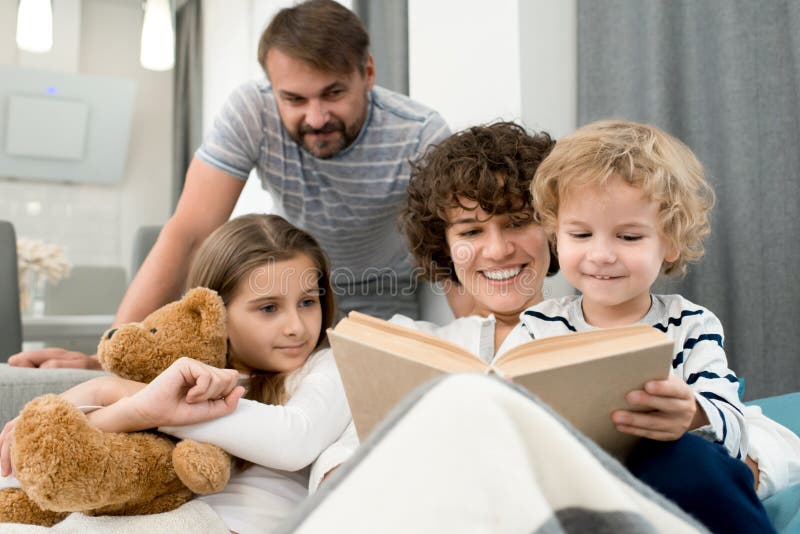Children's Stories, Educational Resources, and Family Entertainment
Ultimate Guide to Parenting Products and Brands: Children's Stories, Educational Resources, and Family Entertainment

Discover the most trusted parenting products and brands that bring magical children stories, educational adventures, and heartwarming bedtime tales into your family's daily routine. From classic fairy tales to modern interactive stories, explore comprehensive resources for nurturing young minds through the power of storytelling.
In today's digital age, choosing the right parenting products and educational materials for children has become both more important and more challenging than ever. Parents are seeking quality children stories, engaging bedtime stories, and educational resources that not only entertain but also contribute to their child's cognitive, emotional, and social development. The landscape of kids stories, fairy tales, and interactive learning materials has evolved significantly, offering families an unprecedented variety of options to enrich their children's learning experiences.
The importance of storytelling in child development cannot be overstated. Research consistently shows that regular storytime sessions, whether through traditional picture books, interactive stories, or digital platforms, significantly enhance language development, imagination, empathy, and critical thinking skills. Modern parenting products now encompass everything from classic illustrated books and moral stories to innovative educational toys that bring adventure stories and fantasy stories to life through hands-on learning experiences.
The Magic of Bedtime Stories and Their Impact on Child Development

Bedtime stories represent one of the most cherished traditions in family life, serving as a bridge between the busy day and peaceful night while creating lasting bonds between parents and children. The ritual of sharing magical stories, heartwarming tales, and classic tales before sleep has profound benefits that extend far beyond simple entertainment. Research conducted by leading child development experts reveals that regular bedtime reading sessions contribute significantly to improved sleep patterns, reduced anxiety, and enhanced emotional security in children of all ages.
Cognitive Benefits of Regular Storytime
When parents engage in consistent storytelling practices using quality children stories and picture books, they're actively stimulating their child's brain development in multiple areas. Language acquisition accelerates through exposure to rich vocabulary, complex sentence structures, and varied narrative patterns found in well-crafted kids stories. Children who regularly experience bedtime stories typically demonstrate advanced reading readiness, improved comprehension skills, and stronger phonological awareness compared to their peers who have limited exposure to structured storytelling experiences.

Emotional and Social Development Through Stories
The emotional benefits of sharing fairy tales, moral stories, and adventure stories with children extend throughout their developmental years. Through engaging narratives, children learn to identify and process complex emotions, develop empathy by understanding different characters' perspectives, and build resilience by witnessing how story protagonists overcome challenges. Educational stories and fables particularly excel at teaching valuable life lessons in an accessible, non-threatening manner that young minds can easily absorb and internalize.
Modern parenting products have evolved to support these developmental needs through innovative approaches to storytelling. Interactive stories and illustrated books now incorporate tactile elements, augmented reality features, and multi-sensory experiences that engage children on multiple levels while maintaining the core benefits of traditional narrative sharing. These enhanced materials help bridge the gap between digital native children and classical storytelling traditions, ensuring that the magical experience of shared reading continues to thrive in contemporary families.
Leading Brands and Products in Children's Literature and Educational Materials

Premium Publishers and Educational Toy Manufacturers
The landscape of children's educational products is dominated by several key brands that have consistently delivered high-quality materials for generations of families. Scholastic remains one of the most trusted names in children's literature, offering comprehensive collections of picture books, early reader books, and educational stories that span from preschool stories to advanced chapter books for older children. Their commitment to age-appropriate content, educational value, and engaging storytelling has made them a staple in classrooms, libraries, and homes worldwide.
Usborne Publishing has carved out a distinctive niche in the market by producing beautifully illustrated books that combine educational content with captivating storytelling. Their fairy tales collections, science-based adventure stories, and interactive learning books represent the gold standard in modern children's publishing. Parents particularly appreciate Usborne's attention to visual design, with each book featuring stunning artwork that enhances the storytelling experience while supporting visual learners and maintaining engagement throughout longer reading sessions.

Innovative Educational Toy Brands
Learning Resources has established itself as a premier manufacturer of educational toys and materials that complement traditional storytelling approaches. Their product lines include manipulative learning tools, STEM-focused educational games, and hands-on materials that bring abstract concepts from imaginative stories into tangible, explorable formats. These products excel at reinforcing lessons learned through reading while providing kinesthetic learners with alternative pathways to absorb and retain information.

Melissa & Doug continues to champion traditional play-based learning through their extensive collection of wooden toys, puzzles, and craft materials that encourage creativity and imagination. Their products often serve as perfect companions to animal stories, fantasy stories, and adventure narratives, allowing children to recreate and expand upon the scenarios they've encountered in books. This hands-on approach to learning reinforces story comprehension while developing fine motor skills, problem-solving abilities, and creative thinking.
Digital and Interactive Storytelling Platforms
The digital revolution has transformed how families access and experience children stories, with platforms like Epic Books and Reading Eggs leading the charge in providing vast libraries of interactive stories, animated books, and educational games. These platforms offer thousands of titles spanning from toddler stories to complex chapter books, often featuring professional narration, sound effects, and interactive elements that enhance traditional reading experiences while maintaining educational integrity.
Amazon's Kindle Kids and Audible Kids services have revolutionized access to children's literature by providing instant access to extensive libraries of books, audiobooks, and interactive content. These platforms excel at offering personalized reading recommendations, progress tracking, and family-friendly content curation that helps parents discover new authors, series, and educational materials aligned with their children's interests and reading levels.
Educational Value and Learning Through Stories

STEM Learning Integration Through Storytelling
Modern educational stories have evolved to seamlessly integrate STEM (Science, Technology, Engineering, and Mathematics) concepts into engaging narratives that captivate young learners while building foundational knowledge in these critical areas. Publishers now create adventure stories featuring characters who solve problems using scientific methods, fantasy stories that explore mathematical concepts through magical systems, and realistic fiction that introduces engineering principles through everyday situations that children can relate to and understand.
National Geographic Kids and DK Publishing have pioneered the creation of educational materials that combine stunning visual photography with compelling storytelling to teach children about natural sciences, geography, and environmental conservation. These resources transform learning about complex topics like ecosystems, weather patterns, and animal behavior into accessible, engaging experiences that rival the excitement of traditional fairy tales and adventure stories while building crucial scientific literacy skills.
Social-Emotional Learning Through Moral Stories
The integration of social-emotional learning (SEL) principles into children's literature has created a new category of moral stories and heartwarming tales specifically designed to help young readers develop emotional intelligence, empathy, and interpersonal skills. These carefully crafted narratives address contemporary challenges that children face, including bullying, friendship difficulties, family changes, and emotional regulation, while providing concrete strategies and positive role models that children can emulate in their own lives.

Publishers like Free Spirit Publishing and Magination Press specialize in creating therapeutic and educational stories that address specific developmental challenges while maintaining the entertainment value that keeps children engaged. These books often include discussion guides for parents and educators, activity suggestions that reinforce key concepts, and additional resources for families dealing with particular situations or transitions that may affect their children's emotional well-being.
Language Development and Literacy Skills
The systematic approach to language development through carefully selected children stories, nursery rhymes, and progressive reader series has been refined through decades of educational research and practical application. Early reader books from companies like I Can Read and Step into Reading provide structured progression systems that gradually increase vocabulary complexity, sentence length, and narrative sophistication, allowing children to build confidence and competence at their own pace while maintaining engagement and enjoyment.
Phonics-based learning programs integrated with engaging storytelling have proven particularly effective in supporting children who may struggle with traditional reading instruction methods. Companies like Hooked on Phonics and Reading Eggs combine systematic phonetic instruction with captivating short stories for kids, ensuring that the technical aspects of reading acquisition are supported by meaningful, entertaining content that motivates continued learning and practice.
The Enduring Power of Fairy Tales and Classic Literature

Timeless Appeal of Traditional Fairy Tales
Fairy tales have maintained their central position in children's literature for centuries because they address universal themes and archetypal situations that resonate across cultures, generations, and individual experiences. These magical stories provide frameworks for understanding complex concepts like justice, courage, perseverance, and the triumph of good over evil in ways that are accessible to young minds while offering multiple layers of meaning that can be appreciated throughout childhood and beyond.
Modern retellings and adaptations of classic tales have breathed new life into these traditional narratives while preserving their essential wisdom and cultural significance. Publishers now offer diverse versions of beloved stories that reflect contemporary values and multicultural perspectives, ensuring that all children can see themselves represented in these foundational narratives while learning about different cultural traditions and viewpoints through storytelling.

Building Cultural Literacy Through Classic Tales
The inclusion of classic tales and fables in children's reading repertoires serves a crucial role in building cultural literacy and providing common reference points that facilitate communication and understanding across diverse communities. Stories like "The Three Little Pigs," "Goldilocks and the Three Bears," and "Little Red Riding Hood" have become part of our shared cultural vocabulary, with references and allusions appearing throughout literature, media, and everyday conversation.
International fairy tales and folktales from various cultures offer children opportunities to explore different worldviews, values, and traditions while developing appreciation for diversity and global perspectives. Collections featuring stories from African, Asian, Native American, and other cultural traditions expand children's understanding of the world while demonstrating the universal nature of human experiences and concerns across different societies and historical periods.
Modern Adaptations and Multimedia Experiences
Contemporary publishers and content creators have embraced technology to enhance traditional fairy tales through interactive stories, augmented reality experiences, and multimedia presentations that bring these beloved narratives to life in unprecedented ways. These innovations maintain the core values and lessons of original stories while leveraging modern tools to increase engagement, comprehension, and retention among digital-native children who expect interactive and immersive experiences.
:max_bytes(150000):strip_icc()/GoldyLuckandtheThreePandas-f91ba4a678674b07813600722aae4d8c.jpg)
Applications and digital platforms now offer personalized fairy tale experiences where children can insert themselves as characters, modify story elements, and explore alternative endings, creating a sense of agency and creativity while maintaining connection to traditional narrative structures. These interactive approaches encourage critical thinking, creative expression, and deeper engagement with storytelling principles while preserving the essential educational and entertainment value of classic literature.
Creating a Thriving Family Reading Culture

Establishing Consistent Reading Routines
Creating sustainable reading habits within families requires intentional planning, appropriate resources, and consistent implementation across various daily activities and life circumstances. Successful family reading cultures integrate storytelling naturally into multiple touchpoints throughout the day, including morning breakfast conversations inspired by bedtime stories from the previous evening, car ride discussions about characters and plot developments, and weekend family reading sessions where everyone shares their current books and discoveries.
The selection and organization of age-appropriate reading materials plays a crucial role in maintaining engagement and progression across different developmental stages. Families benefit from maintaining diverse home libraries that include picture books for younger siblings, early reader books for developing readers, chapter books for more advanced children, and family-friendly novels that can be enjoyed together through read-aloud sessions or family book clubs.

Leveraging Technology for Enhanced Storytelling
Modern families can successfully blend traditional storytelling with contemporary technology to create enriched reading experiences that appeal to children's natural curiosity about digital tools while maintaining the fundamental benefits of shared reading time. Audio books and narrated stories provide excellent alternatives for busy families, long car trips, or children who are auditory learners, while still offering opportunities for discussion, prediction, and comprehension activities.
Reading apps and digital libraries can supplement physical book collections by providing access to vast catalogs of children stories, educational materials, and interactive content that might otherwise be unavailable or prohibitively expensive. However, successful integration requires careful balance and intentional limits to ensure that digital tools enhance rather than replace the intimate, personal connections that develop through traditional parent-child reading interactions.
Community Connections and Extended Learning
Families who successfully cultivate strong reading cultures often extend their home practices through active participation in community resources such as public libraries, bookstores, literacy events, and reading programs that connect children with peers who share similar interests in books and storytelling. These community connections provide additional motivation, social reinforcement, and access to resources that support and expand upon home-based reading activities.

Author visits, storytelling festivals, and literary events offer children opportunities to meet creators behind their favorite books, understand the writing and illustration process, and develop deeper appreciation for the craft of storytelling. These experiences often serve as catalysts for children's own creative writing, artistic expression, and long-term engagement with literature that extends well beyond childhood into lifelong learning and appreciation for reading.
The Future of Children's Literature and Educational Entertainment
The children's literature industry continues to evolve rapidly, incorporating emerging technologies, diverse perspectives, and innovative educational approaches that promise to transform how future generations experience and interact with stories. Artificial intelligence, virtual reality, and adaptive learning technologies are beginning to create personalized storytelling experiences that adjust to individual children's interests, reading levels, and learning preferences while maintaining the essential human elements that make shared reading experiences meaningful and emotionally enriching.
Sustainability and environmental consciousness are increasingly influencing both the content and production methods of children's books and educational materials. Publishers are exploring eco-friendly printing processes, sustainable materials, and digital-first distribution models while creating content that educates children about environmental stewardship, conservation, and global citizenship through engaging adventure stories and educational narratives that inspire positive action and awareness.
Inclusive Representation and Diverse Voices
The movement toward inclusive representation in children's literature has gained significant momentum, with publishers, authors, and illustrators working deliberately to create books that reflect the full diversity of human experiences, family structures, abilities, cultures, and identities. This shift ensures that all children can find themselves represented in the stories they read while learning about and appreciating differences through well-crafted narratives that promote empathy, understanding, and acceptance.
Emerging authors and illustrators from underrepresented communities are bringing fresh perspectives, authentic cultural details, and innovative storytelling approaches that expand the boundaries of traditional children's literature while maintaining universal appeal and educational value. These diverse voices contribute to a richer, more comprehensive literary landscape that better serves contemporary families' needs for relevant, relatable, and representative content.
Conclusion: Nurturing Lifelong Learners Through Quality Parenting Products
The journey through the world of parenting products and brands focused on children's literature, educational materials, and storytelling resources reveals the incredible richness and diversity available to modern families. From timeless fairy tales and classic picture books to innovative interactive stories and cutting-edge educational toys, parents today have unprecedented access to high-quality materials that support their children's development across multiple domains including literacy, creativity, emotional intelligence, and critical thinking skills.
The consistent thread throughout all successful parenting products and educational materials is their ability to create meaningful connections between children, families, and the broader world of knowledge and imagination. Whether through the cozy intimacy of bedtime stories, the excitement of discovering new adventure stories, or the satisfaction of learning through educational games and activities, these resources serve as bridges that connect young minds to lifelong learning, curiosity, and personal growth.
Discover Magical Bedtime Stories for Your Family
Ready to transform your family's bedtime routine with enchanting stories that educate, inspire, and create lasting memories? Explore our curated collection of magical bedtime stories designed to spark imagination and nurture young minds.
Explore Magical Stories NowAs we look toward the future, the landscape of children's educational products and storytelling resources will continue to evolve, incorporating new technologies, diverse perspectives, and innovative approaches to learning. However, the fundamental importance of quality stories, meaningful family interactions, and thoughtfully designed educational materials will remain constant. Parents who invest in creating rich literacy environments, maintain consistent reading routines, and carefully select age-appropriate, engaging materials are giving their children invaluable gifts that will benefit them throughout their lives.
The power of stories to transform lives, build connections, and inspire learning cannot be underestimated. By choosing quality parenting products and embracing the joy of shared reading experiences, families create foundations for academic success, emotional well-being, and lifelong love of learning that extends far beyond childhood into successful, fulfilling adult lives.
Related Topics and Further Reading
Age-Appropriate Reading Lists
Comprehensive guides for selecting the perfect books for every developmental stage from toddlers to teens.
Educational Technology Reviews
In-depth analysis of the best educational apps, games, and digital tools for young learners.
Family Reading Strategies
Practical tips for creating engaging reading routines that work for busy modern families.
Multicultural Literature Guides
Exploring diverse authors and stories that represent different cultures and perspectives.
Child Development Research
Latest findings on how reading and storytelling impact cognitive and emotional development.
Creative Learning Activities
Art, craft, and imaginative play ideas that extend and enhance storybook experiences.